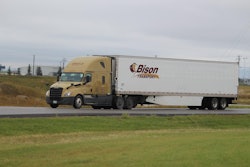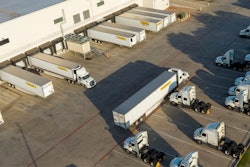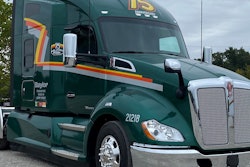I grew up in the trucking industry, the machine shop industry and the "hell no we won't go" anti-war movement.
In the process, I discovered there really is a military-industrial complex. Just the other day, I was explaining to a business associate why military equipment costs so much. I used my real-life example as a young man with a draft card in his wallet that listed me as 1-A and 2-S most of the time.
During the day, I attended college and worked swing shift at a defense plant making aircraft fasteners. We made exploding bolts, among other things. These were used to literally blow the canopy off a jet fighter when pilots decided to eject.
I was an exploding bolt inspector some of the time. We would build exploding bolts in batches of 300. For 150 bolts to pass inspection, we would blow up 150 bolts. That right there doubles the price, right? If one bolt failed, we blow up the other 150 bolts. As far as I remember, on my watch, never once did a bolt in the second round of testing fail. It could take manufacturing 600 bolts to get 150 good ones.
What's that cost? So assuming pilots' lives are worth saving, and we don't want fighter jets falling out of the sky, things can quickly get expensive.
I saw a recent survey on LinkedIn that asked, "Did you intend on being in sales?" or "Did you just fall into sales?" I got into sales because the old axiom is true, "Nothing happens until someone sells something."
I was an industrial engineer and had to "sell" an appropriations committee on purchasing a package of material handling and warehousing equipment. I had heard through the grapevine that the committee thought it was their duty to shred young engineers into tiny bits and try to make them cry, so I prepared. I insisted that I attend a trade show so I could meet potential vendors one-on-one. Buying and selling are different sides of the same coin. I took copious notes.










